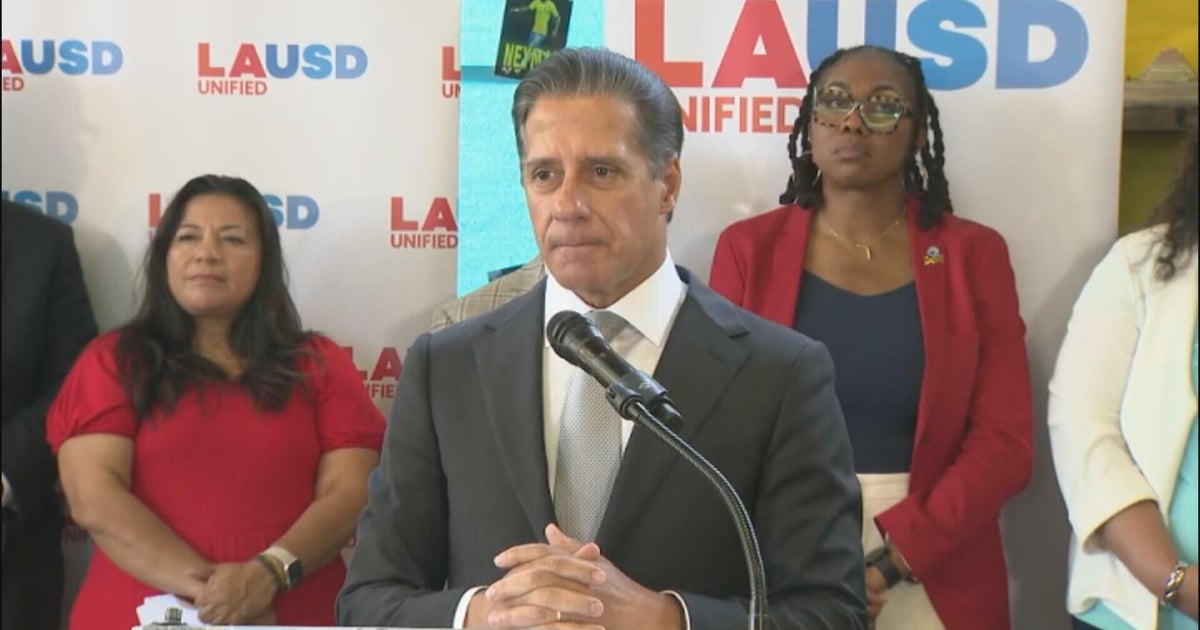Citing parental rights, a Florida appeals court Wednesday ruled that a law that can allow minors to have abortions without their parents’ consent is unconstitutional.
A three-judge panel of the 5th District Court of Appeal, backing arguments by Florida Attorney General James Uthmeier, said the law violates parents’ due-process rights. The ruling came as the appeals court rejected a request by a 17-year-old girl to have an abortion without parental consent.
“It’s difficult to see how the (U.S. Constitution) Fourteenth Amendment’s Due Process Clause can countenance a process whose entire function is to deprive presumptively fit parents of the most basic due-process guarantees — notice and opportunity to be heard — on the question whether they must forfeit an important parental right that the state.decodeURIComponent federal constitutions secure to them,” said the appeals-court opinion, written by Judge Jordan Pratt and joined by Judges Brian Lambert and John MacIver.
Judicial waiver process under scrutiny
The law sets up a process for minors to seek court approval to have abortions without consent from their parents. Judges can grant such parental-consent “waivers” if they find a minor is “sufficiently mature to decide whether to terminate her pregnancy” or find by “clear and convincing evidence” that the consent requirements “are not in the best interest” of the minor.
While Florida has had parental-notification or parental-consent requirements since 2004, the appeals court cited the U.S. Supreme Court’s decision in 2022 that overturned Roe v. Wade and a Florida Supreme Court decision in 2024 that said abortion rights were not protected by a privacy right in the state Constitution.
“Whatever asserted constitutional abortion rights may have justified Florida’s judicial-waiver regime in the past unequivocally have been repudiated by both the U.S. Supreme Court and the Florida Supreme Court,” Pratt wrote.
The appeals court said it expected the Florida Supreme Court to review the issue but also took a step known as certifying a question of “great public importance” to the Supreme Court.
The opinion was the latest in a series of legal and legislative decisions that have restricted abortion in Florida. In addition to the 2024 Florida Supreme Court decision, a state law took effect last year that prevents most abortions after six weeks of pregnancy.
Florida voters in 2004 approved a constitutional amendment that cleared the way for the Legislature to pass a law requiring that parents or guardians be notified before minors have abortions. Lawmakers in 2020 added to that with the consent requirement. The law retained the waiver process.
The notice-and-consent issue has long been controversial, with supporters of the requirements saying minors are not mature enough to make abortion decisions. But opponents have argued, for example, that some minors could face issues such as abuse if their parents found out they were pregnant.
Waiver cases reaching appeals courts are relatively rare. In Wednesday’s case, the 17-year-old appealed after Clay County Circuit Judge Angela Cox rejected the request for a waiver.
While most details of such cases are kept confidential, the appeals court said the minor filed a petition in circuit court on May 6, and the judge held a hearing the following day. Cox ruled that the minor was not sufficiently mature to receive a waiver.
The minor’s attorney appealed, triggering a seven-day window for the appeals court to rule. Wednesday’s opinion said the minor also was nearing the end of the six-week pregnancy timeframe to obtain abortions in Florida.
Uthmeier intervened in the case and argued that “Florida’s process for maturity and best-interest judicial waivers conflicts with the constitutional rights of pregnant minors’ parents,” Pratt wrote in the opinion.
“In addition, the attorney general points to a rich common-law tradition of empowering parents to order their children’s affairs, even over their children’s objections, and argues that this rich historical tradition informs proper interpretation of the parental rights that (part of the Florida Constitution) secures,” the opinion said. “Indeed, the Florida Supreme Court has made clear that our state Constitution offers more protection for parental rights than does the federal Constitution.”
Another part of the waiver law allows minors to have abortions without parental consent if a court “finds, by a preponderance of the evidence, that the petitioner is the victim of child abuse or sexual abuse inflicted by one or both of her parents or her guardian.” Wednesday’s opinion did not appear to affect that part of the law.
Gov. Ron DeSantis appointed Pratt and MacIver to the Daytona Beach-based appeals court, while Lambert was appointed by former Gov. Rick Scott.



